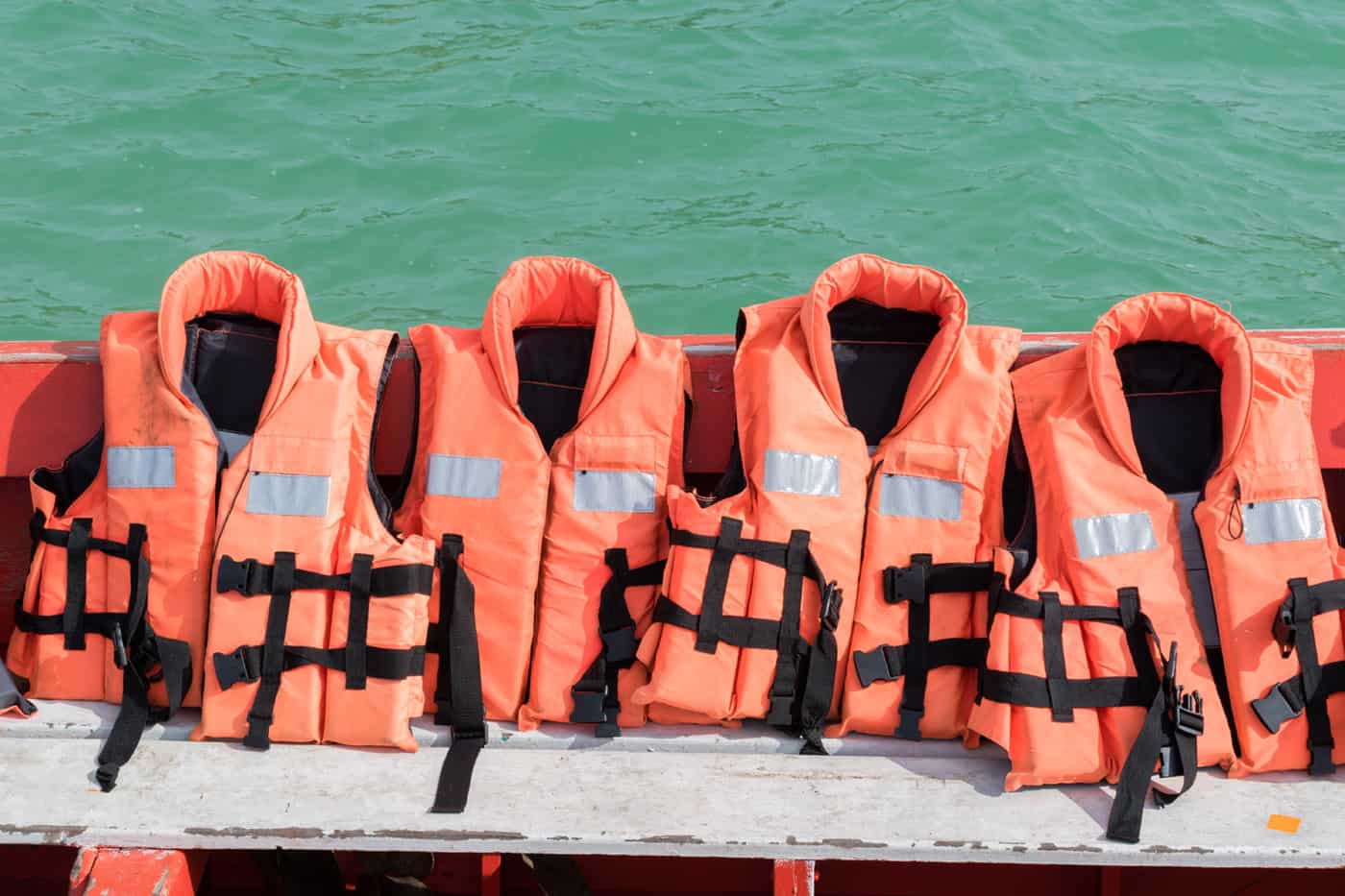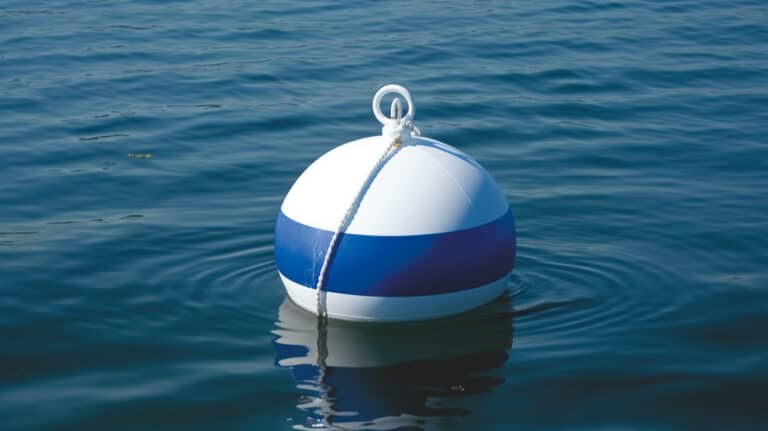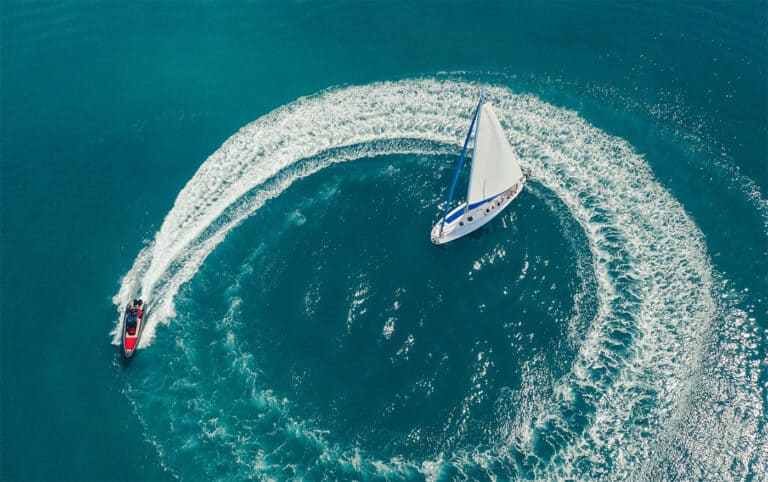The boat operator, also known as the boat captain, is responsible for the operation of the boat. Their job entails ensuring timely departures, adhering to schedules, and safely docking at the next port. Any issues or concerns aboard the boat are addressed to the operator.
In essence, the boat operator runs the ship and takes on the responsibility of caring for both the crew and guests onboard.
In the case of a recreational boat, the owner may sometimes serve as the operator. In such instances, they assume the role and perform necessary pre-departure checks.
If the owner is not the operator, the boat captain remains in charge of the vessel, overseeing its operation.
What is a Pre-Departure Check?
These are checklists done to ensure the boat is ready for the cruise and all necessary safety precautions are in place.
The boat operator ensures the weather forecasts and water conditions are ripe for travel.
The skipper inspects the hull for leaks and drains water from the boat if any.
Finally, the boat operator performs these pre-departure checks:
Life Jackets
As a traveler, you are supposed to have a life jacket.
The life jacket should be in good condition and have a whistle which you can blow in case you need help or fall overboard.
All jackets are US Coast Guard Approved and available for every passenger. Recreational vessels should have at least two life jackets.
You should have a throwable flotation device at least 16 feet long.
Each passenger should know where the life jackets are and wear them properly.
Whistles and Air Horns
The boat operator ensures you have a whistle or air horn that you can sound if you are in trouble.
Blow it loudly so that anyone in a half a mile radius can hear it and respond to your distress.
The air horn has a 4-second blast that is audible and can be picked half a mile away.
Flares and Distress Signals
Flares give out the location of the boat should you get lost or run into trouble.
The boat operator informs everyone on board the location of the signals and flares for emergencies.
Give your crew a short briefing on the use of these signals and flares.
Fire Extinguishers
A recreational boat should have a fire extinguisher, even if it’s one.
Inform passengers and crews where to find the fire extinguisher.
It should be in an easy to access location.
You should consult the US coast guard rules and know the number of fire extinguishers you need in your recreational boat depending on its size.
Inspect the mountings to ensure they are safe.
Regularly inspect your fire extinguisher to ensure it’s still operational.
First Aid Kits
Very boat whether fishing or recreational should have a first aid kit.
Check to ensure your kit has plasters, bandages, antiseptic, painkillers, and antibiotics.
Essential Spares and Boat Tools
Check your boat tool box to ensure it has the right supplies that can help in case your boat needs repairs.
You may be far off at sea leaving you with only this option.
Essential spares include fuel filter, fuses, bulbs, and more. This ensures you never get stuck and can fix anything that can get damaged.
Ensure you have a flashlight onboard.
Do Battery Checks
Ensure your batteries are working properly and there is a spare in case the main battery is faulty.
Spare batteries can power your navigation system, and radios.
Remember to fully-charge your rechargeable batteries before going ashore.
Oil and Fuel Checks
Make sure you have topped up the fuel tank and have enough fuel for the trip.
This accounts for any unexpected detours made. Check the coolant and engine oil levels.
Are the lights working properly and the captain’s console instruments operational?
The boat should have docking lines for emergencies.
Check if there is any damage and make repairs or replacements. You should have a spare fender.
Ventilation
Your internal space should have good ventilation.
This ensures there is no fuel smells and have a carbon monoxide detector as a safety precaution.
Perform Weather Checks
You shouldn’t go ashore on bad weather. Get updates of incoming weather using your on-board radio.
Who Is Responsible For Performing The Pre-Departure Check Of A Recreational Boat?
The boat operator / captain performs the pre-departure checks.
They include: perform weather checks, ventilation, safety equipment and navigation system checks before going ashore. This ensure you have a smooth trip.
Never seat sail before performing battery checks and checking the engine coolant and oil of if you have enough fuel.
I run these pre-departure checks every time I set sail.
Remember, it’s better to be safe than sorry.




